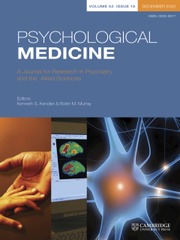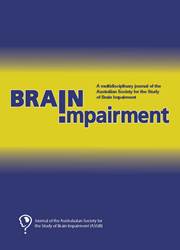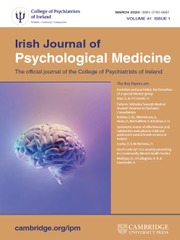Recovery Resilience Program Facilitator's Guide
A manual for those working with addicted populations (from lay counsellors to psychiatrists) for delivering the evidence-based Recovery Resilience Program (RRP). RRP is a person-centered, strength and resiliency-based relapse prevention and recovery-oriented intervention that works in synergy with other models, especially 12-Step programs. Presenting practices that enhance 'recovery resilience' – an individual's capacity to effectively apply coping and self-regulation skills in dealing with cravings, triggers, stress, and high-risk situations without reverting to substance use. The program helps individuals to enhance and use their recovery capital at any stage of recovery, and ultimately reach recovery and life goals. It effortlessly integrates with other evidence-based relapse programs, from the original cognitive-behavioral approaches to the newer mindfulness-based and metacognitive approaches. Written by clinicians who have worked with addicts and their families for many decades, the program is easy-to-implement and very little preparation is necessary with handouts and PowerPoints included in each session.
- A manual for those working with addicted populations (from lay counsellors to psychiatrists) presenting a novel person-centered, strength and resiliency-based relapse prevention and recovery-oriented intervention
- Designed to work in synergy with other recovery-orientated models and interventions, especially with the 12 Steps
- Simplicity and accessibility of the approach - no preparation necessary, handouts and PowerPoint for each lecture included - just plug in and play
- The program's objectives focus on lessening common hindrances inherent in the recovery journey-making those on the pathway of recovery already heavy load lighter, and the same for addiction professionals
Product details
January 2026Paperback
9781009378741
300 pages
254 × 178 mm
Not yet published - available from January 2026
Table of Contents
- Introduction
- 1. High-Risk Situations
- 2. Cravings and triggers
- 3. Depressor and Fixer Activity
- 4. The Addiction Cycle
- 5. Defuse Requirements
- 6. Recovery Resilience Practice.






